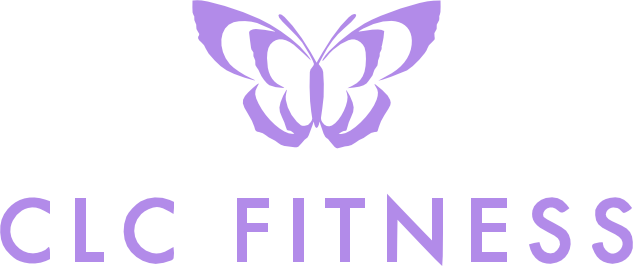Strength Training for Women
You may have heard personal trainers and fitness experts throwing the expression “strength training” around. Perhaps you nodded along whilst wondering what the heck all the fuss is about? If you’re new to strength training then read on, as I answer the questions which I get asked the most as a personal trainer about strength training (and why I encourage all my personal training clients to do it!).
What is strength training?
Strength training (sometimes also called resistance training or weight training) is any type of exercise which uses resistance in order to work your body. When we talk about resistance, this can be your own bodyweight, or you can add resistance through weights. One of the best things about strength training is that you don’t need to go to a gym to do it, or invest in any specialist equipment. Squats, lunges, press ups, tricep dips and abdominal exercises such as planks are great for building strength. You can very easily do your strength training at home in your living room!
Will it make me bulky?
Lots of women are worried that if they do strength training, they’ll look like a body builder. Trust me, it takes a LOT of work (and a very specific nutritional programme) to build those muscles! Those individuals spend an enormous amount of time and effort to condition their bodies to look that way. You train for the results you want, and if you want to build visible muscle, that is of course an option. However, most of my clients want to “tone up”, become more functionally fit and to feel strong for the lives they lead and this is where strength training really can yield benefits.
Why do I need to be strong?
Let’s face it, life is so much easier when you’re strong. When I talk about being “functionally fit”, I mean being fit for life. If you need to lift something heavy, you want to be able to do this yourself. It is important to have a strong back and core so to guard against pain and injury. As we age, our muscle mass naturally declines and our body fat levels increase. In fact, this process starts in our 30s and is accelerated as we enter the peri-menopause, because of the hormonal changes that take place. This means that whilst your weight may stay the same, you could have a very different body composition in your 20s versus your 50s. Studies have shown that strength training can help reduce and even prevent this process of muscle loss as well as helping to boost bone density and help your connective tissue (ligaments, tendons and fascia) which is amazing. Strength training is also an incredible confidence booster and without exception my clients who are new to this type of training always remark on how great they feel after a session.
Where do I start?
Aha! If you want to get started with strength training then as luck would have it (!), I teach a weekly Strength class. It’s a 30 minute, full body workout using a pair of dumbbells. If you’re a beginner then I’ll take you through all the basic moves so you can really master how to lift weights and if you’re more experienced, then give you some optional challenges to take your workout up a notch.
I teach the class online via Zoom so you can do it live with me at 9am on Thursday morning, or get the recording and do at a time which suits you. You can find out more about my classes here. These sessions are specifically tailored to women from their mid 30s onwards and you also have the option of being able to speak to me directly to ask any questions you might have so we can make sure your form is spot on and all the exercises are right for you.
If you’d like to hone your technique further or would like to have a bespoke programme tailored to you, then you could also consider a session of two with a personal trainer .
Strength training 2 or 3 times per week is ideal, which may sound like a lot, but you can get a really good workout into a 30 or even a 15-20 minute session. Or, if you’re really time pressed, you can fit little exercise “snacks” into your day. For example, doing squats for a minute every time you boil the kettle. You’ll be surprised how it mounts up!
Is there anything else I need to be aware of?
Pretty much anyone can strength train. If you’re currently pregnant or have recently had your baby then please seek advice from an expert (such as a personal trainer with a qualification in pre and postnatal exercise - like me!) before you get started. If you’re in any doubt at all or have concerns about pre-existing medical conditions or injuries, then it is always wise to run it past your GP or other appropriate medical professional before you jump in and always build up gradually. This is where coming long to a class or booking some 1 to 1 personal training sessions can really help. Strength training can reap enormous benefits, but only if done correctly and safely. By all means get lifting, but get lifting with great form.
To book your class with me, head to my online classes page. For further information about 1 to 1 or group personal training sessions with me, please head to my personal training page.
